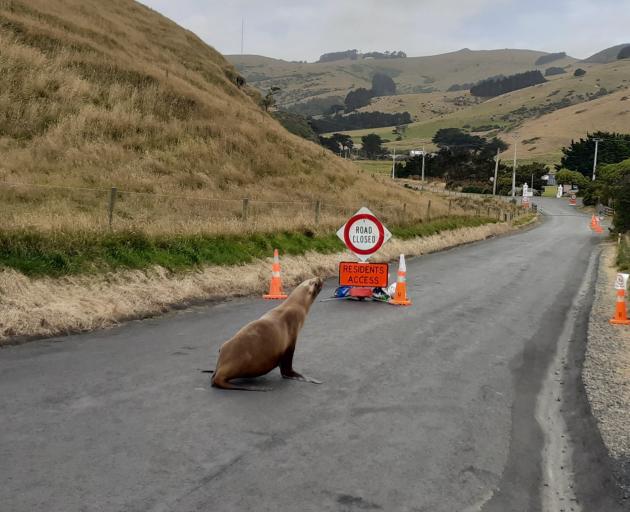
By JIM FYFE
Biodiversity ranger
Dunedin’s dunes have been heavily modified and stabilised to provide land suitable for our purposes.
Roads, houses, playing fields, graveyards, speedways, sewerage works, rubbish tips, farmland and forestry have all been established on old dunes.
These once extensive areas provided many safe places for female sea lions and pups to hide during the summer breeding season.
Rivers, streams and lagoons provided them with routes inland they could use to disappear without a trace.
Some changes seem to suit them very nicely. They can get out of the wind behind steep marram foredunes, and rest in comfort in pine forests.

Female sea lions’ cunning when it comes to hiding from males is impressive.
Why wouldn’t they use human paths and roads to cover their tracks?
They can be very discrete, choosing off-peak travel times, and tucking into low bushes that hide them from view.
Crossing a few fences puts more obstacles between them and the males.
People can walk past a sea lion lying in the bushes and not even know it is there.
Their dogs, on the other hand, live in a world of smells and notice them straight away.
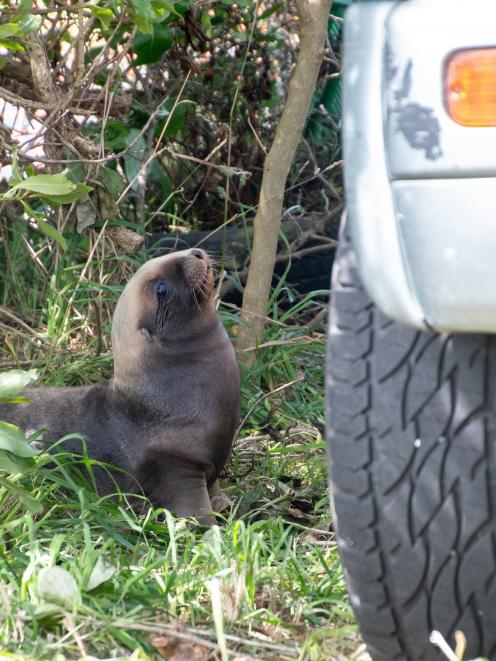
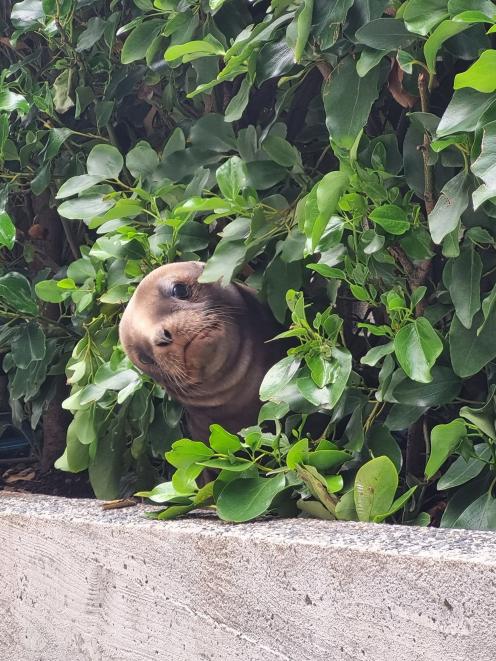
However, we have a large population of dogs in Dunedin, and we have seen a variety of responses from them. This includes dogs picking up and shaking a pup.
Summer rangers have been doing a great job using signage asking people to keep dogs on leads when pups are about.
These temporarily change the rules for the area under the 2016 Dunedin City Council dog control bylaw.
The support from DCC animal services with advocacy and patrolling areas has been great.
As a dog owner you can help by setting a good example for others by putting your dog on a lead and letting them know there are sea lions with pups in the area.
We know of 20 pups born of about 25 expected.
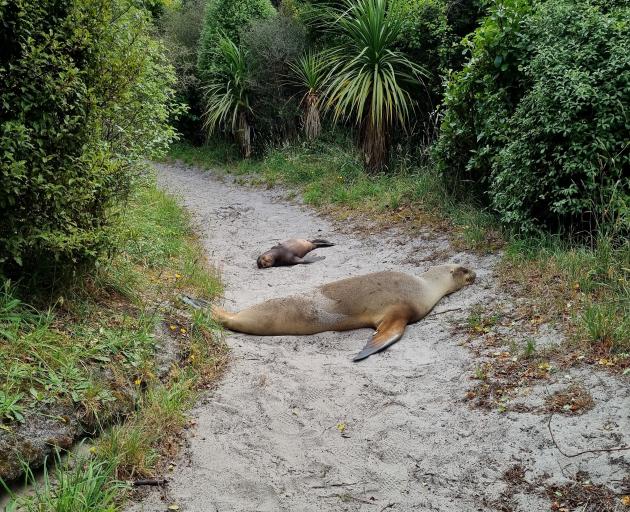
In the next few weeks they will make their way to the coast and start their water skills training.
As they are taken to peninsula creches they may be stashed in new unexpected places while their mothers are at sea foraging.
Please be patient, give them space, and help keep them safe for a chance at life.
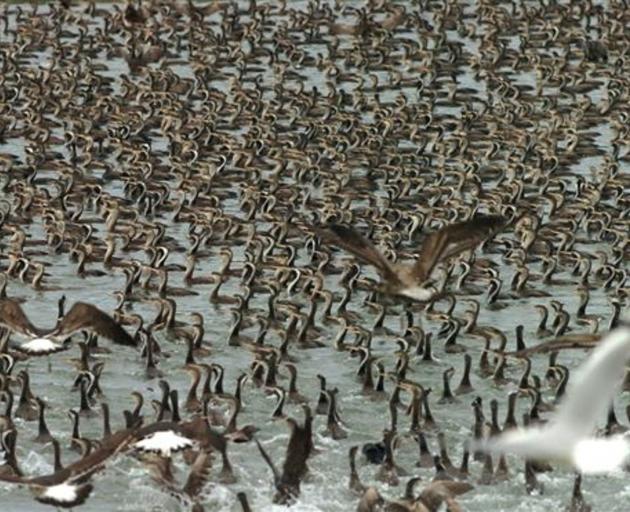
This weekend I noticed newly fledged spotted shags feeding in Otago Harbour.
Dopey shag season has begun.
If you see them in your backyard or roaming the streets, please call the Department of Conservation - the pups will need to be relocated somewhere safer.














